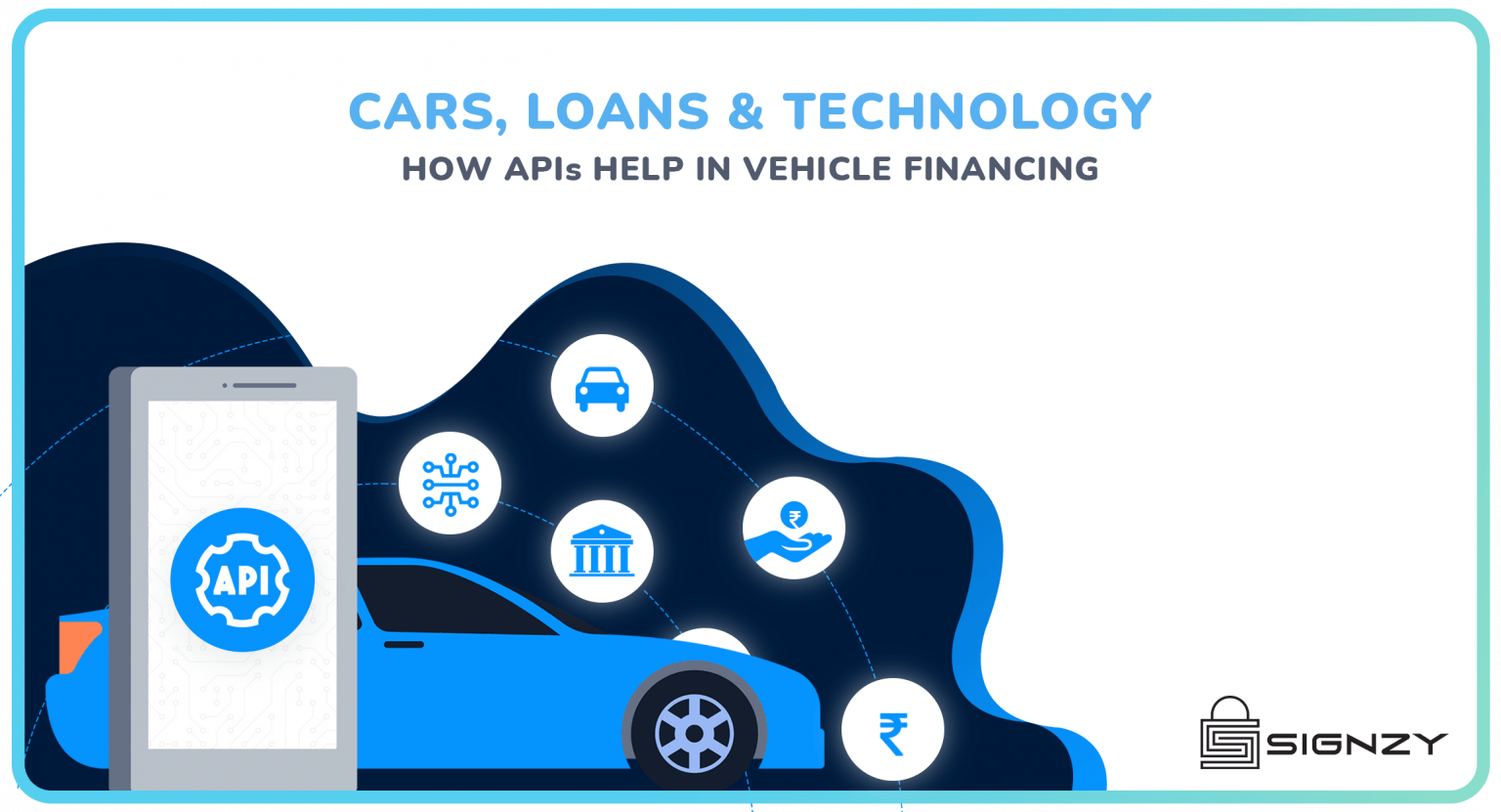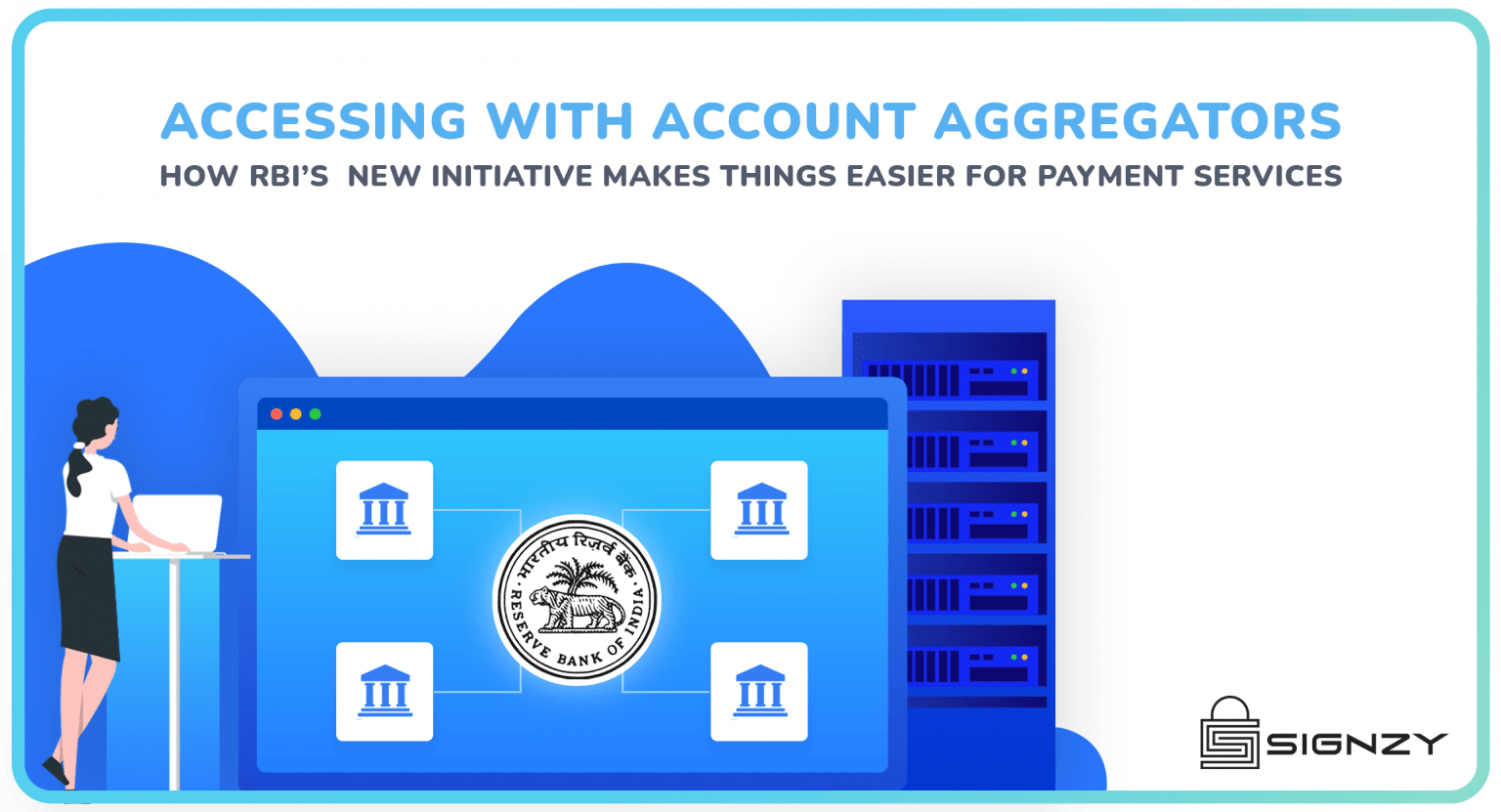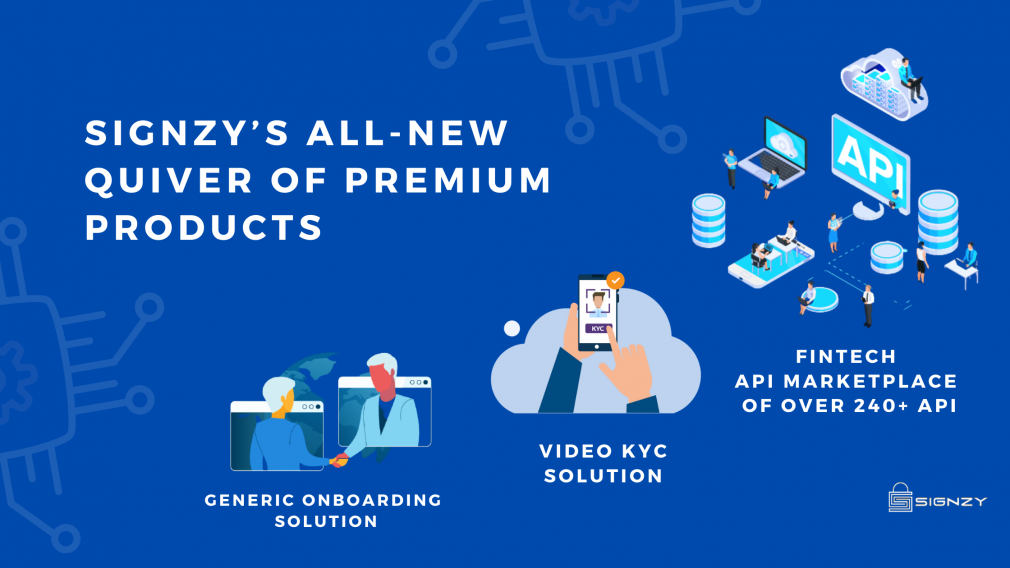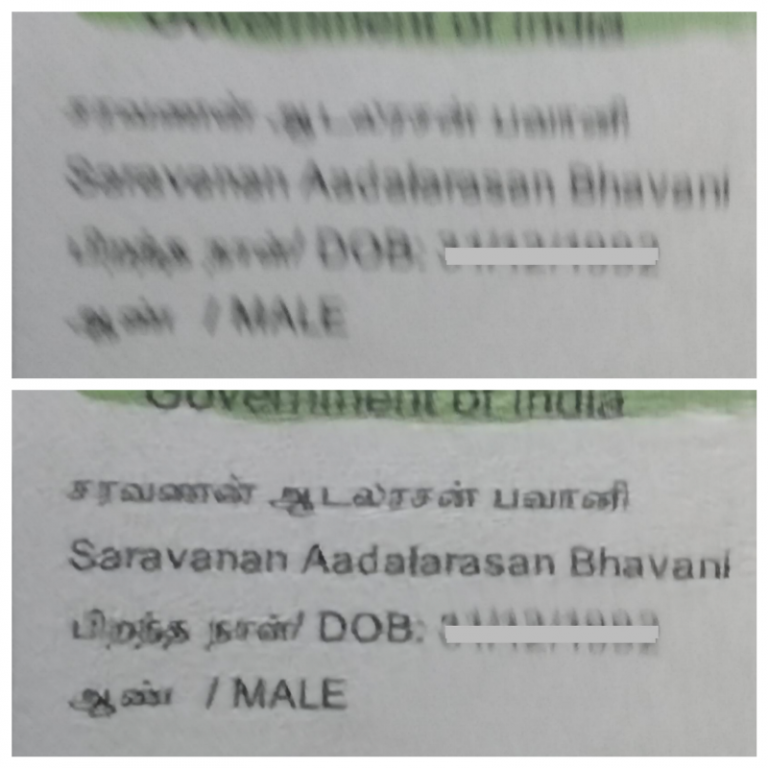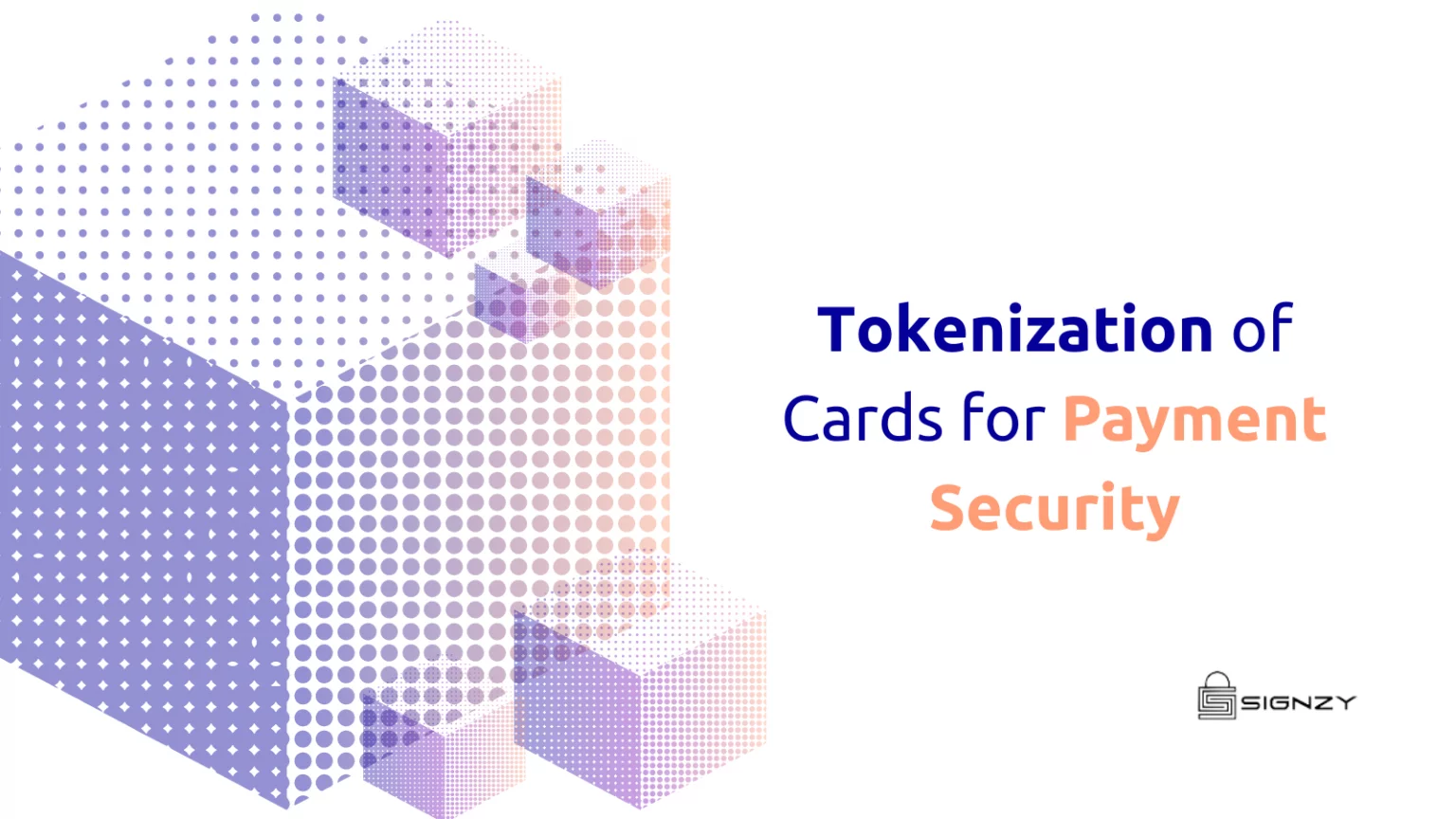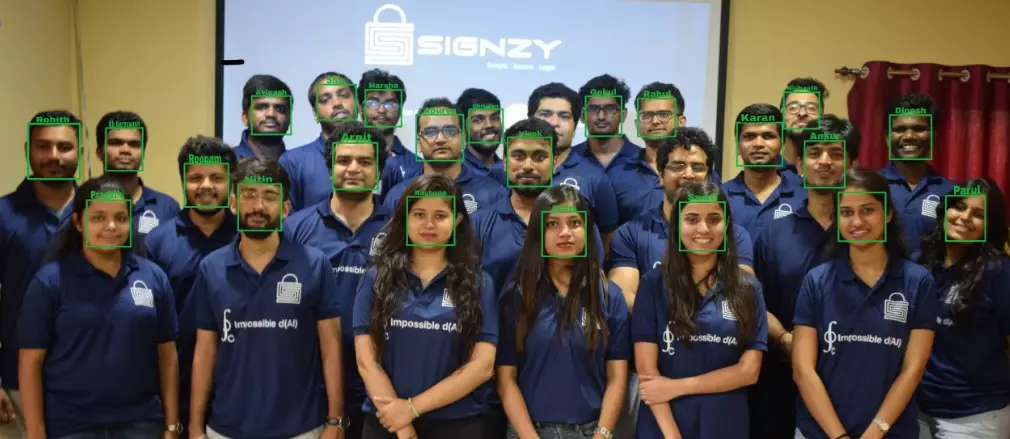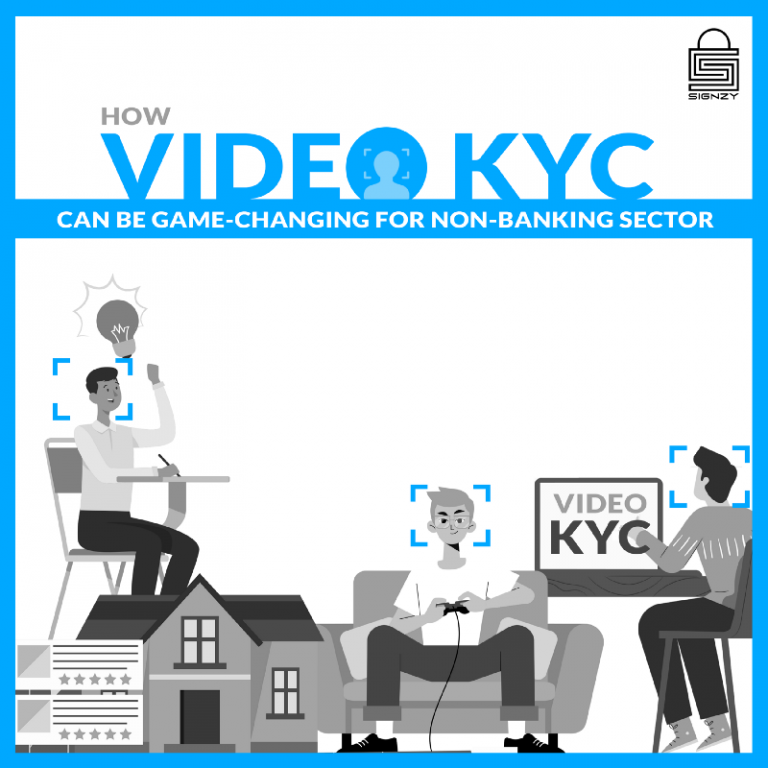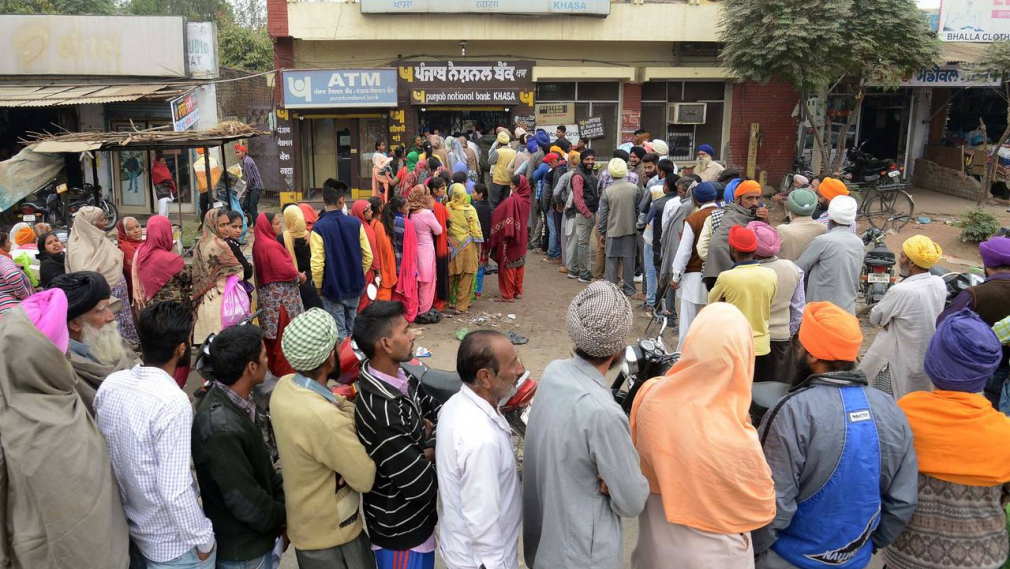Why is Everyone Bullish about UAE’s Gaming and Gambling Industry?
April 24, 2025
8 minutes read
- The UAE has legalized commercial gambling with strict regulation through the GCGRA. Only select licenses are being issued under high compliance standards.
- As of 2024, the UAE gaming market is valued at around 460 million dollars. It’s projected to cross 630 million dollars by 2028, with mobile gaming accounting for the largest share.
- The UAE offers a rare combination of high ARPU users, top-tier infrastructure, strong regulatory support, and government-backed investment in gaming talent, esports, and localized content.
Every economy has its own leverage point. In the 80s, it was manufacturing. In the 2000s, it was tech. Today, for digitally native populations with high disposable income and cultural openness, it’s controlled entertainment ecosystems, the kind that blends gaming, gambling, and experience-driven infrastructure.
The UAE has figured this out earlier than most.
But what makes it different isn’t just that it’s betting on gaming and gambling. It’s how it’s doing it, not through hype but through system design.
Tight regulation, scarce licenses, public-private investment loops, and a national roadmap that treats gaming like a strategic export, not a distraction.
So, today, we’re going to break down why UAE’s gaming and gambling industry’s optimism is less about speculation and more about structure.
Current State of Gaming and Gambling in the UAE
When it comes to gaming and gambling, the UAE is already operating at scale, with numbers, infrastructure, and regulation that most emerging markets are still planning for.
What stands out here is not just user adoption but how it’s paired with policy clarity and global brand involvement.
- For Gaming, the UAE is already operating at scale. Around 73 percent of the population plays games regularly, and 41 percent are paying users, which points to a strong monetization base rather than just passive consumption.
- For gambling, the UAE has become the first Gulf nation to legalize commercial gambling, establishing a clear regulatory pathway through the General Commercial Gaming Regulatory Authority. Analysts estimate the casino market here could exceed 8.5 billion dollars, rivaling established global hubs.
If we consider these numbers, it’s feasible to say that the UAE isn’t treating gaming and gambling like isolated sectors.
Demand is already strong, but what makes the UAE different is that supply, from infrastructure to regulation, is being built just as aggressively.
What’s Working for the UAE’s Gaming and Gambling Sector?
Every fast-growing industry needs three things to sustain momentum:
- Aligned policy
- Real infrastructure
- Active flywheel of talent, capital, and demand.
When all three show up at once, growth stops being reactive and starts becoming engineered.
That’s exactly what’s happening in the UAE.
The country’s rise in gaming and gambling isn’t coming from one lucky break. These are the eight big forces working together to drive that compounding effect.
1. High-Income and Digitally Native Population
The UAE has one of the youngest and most connected populations in the region. Smartphone penetration is above 90 percent, and digital content consumption is among the highest globally. The average annual spend per gamer is estimated at 95 to 115 dollars, much higher than global averages in emerging markets.
This matters because it reduces the cost of customer acquisition and increases lifetime value, two of the hardest levers to solve in gaming economics.
2. Government-Led Vision and Execution
The UAE has made gaming and gambling part of national economic planning.
Here are two pieces of evidence:
- The creation of the General Commercial Gaming Regulatory Authority brought gambling into a legitimate, controlled framework.
- Simultaneously, Dubai’s 10-year gaming plan aims to position the city among the global top 10 in the industry.
These moves really don’t seem to be just for PR. They’re structural commitments backed by actual policy, budget, and follow-through.
3. Localization and Cultural Fit
Most Western studios fail in emerging markets because they don’t adapt to language, culture, or user behavior. The UAE is actively correcting for that. Arabic-first game content, culturally aligned esports branding, and region-specific tournaments are growing fast. It lays the foundation for long-term retention and community-led growth, especially in mobile and esports.
4. First-Mover Advantage in Legal Gambling
By legalizing commercial gambling ahead of its neighbors, the UAE has positioned itself as the region’s regulatory anchor.
Operators like Wynn Resorts, which secured the first 3.9 billion dollar license in Ras Al Khaimah, are using it as a gateway into the Middle East.
Regulatory clarity attracts high-trust operators and tourists with high spending power. And because licenses are being issued slowly and selectively, the UAE has been building scarcity in the market from day one.
5. Strong Capital Flows and Institutional Backing
Venture capital is only one part of the story. The real differentiator is sovereign-level backing. Funds like ADIA and Mubadala are limited partners in global tech and gaming funds.
Hub71 alone has deployed a 2 billion dollar fund focused on metaverse, blockchain, and gaming startups. This kind of dry powder signals the availability of capital, government alignment, and regional scaling support. It’s a complete investment stack.
6. Real Infrastructure
While most countries start with policies and wait for industry to respond, the UAE is building physical and digital infrastructure upfront.
- Yas Creative Hub is designed to house 600+ companies in gaming, media, and entertainment.
- VR Park Dubai is already one of the largest of its kind.
- Dedicated esports stadiums, gaming lounges, and smart zones are either operational or in development.
This kind of infrastructure density creates gravity for talent, studios, events, and global partnerships.
7. Web3, VR, and Cloud Integration
Instead of replicating the console-first model seen in the US and Europe, the UAE is skipping straight to next-gen formats.
Over 600 blockchain and Web3 firms are active in Dubai and Abu Dhabi. Moreover, cloud gaming is being supported by local telcos and new entrants like Netflix.
And if that’s not enough, see this: AR/VR alone is expected to generate over 4.1 billion dollars in GDP impact by 2030.
These patterns show how the UAE’s economy, along with free zone facilities, is putting early bets on where user behavior and monetization are moving.
8. Education and Talent Development Pipelines
No ecosystem is sustainable without local talent. The UAE knows that. That’s why it’s funding Unity-led game dev programs, introducing esports into schools, and supporting coding boot camps tied to actual production pipelines.
The region won’t be stuck importing talent forever. It’s building the human capital required to export its own games and IP.
How to Prepare Your Gaming or Gambling Business for the UAE
If you’re in gaming or gambling, this is one of the few places where infrastructure, policy, capital, and culture are all aligned in your favor.
But it’s not a plug-and-play opportunity.
What works in the West or East won’t work the same here. This market rewards relevance, readiness, and long-term thinking.
Below are five things out of many you must take care of before anything else.
-
Secure Your Regulatory Ground Early
For gambling operators and casino brands, the UAE is only issuing a few licenses, and those who align early with compliance standards will have an advantage. This isn’t a race to be first. It’s a race to be the most compliant, trusted, and locally aligned.
-
Build Regionally Relevant IP
Studios and developers should stop viewing the UAE as a pure distribution play. There’s a huge opportunity to create Arabic-first content, culturally relevant storylines, and characters that speak to the region’s digital native users.
-
View Casino Licensing as a Long-Term Moat
If you’re in hospitality or gambling, don’t expect fast expansion, but know that scarcity will reward early license holders with pricing power, market exclusivity, and policy influence for years.
-
Invest in the Stack, Not Just the Surface
Infrastructure plays like payment gateways, anti-fraud systems, analytics platforms, and asset middleware will win long-term. The UAE wants to own not just games but also the entire pipeline behind how games are built and monetized.
-
Treat Adtech and Analytics Like Regulated Tech
If your business touches user data, payments, or in-game ads, align with local compliance standards early. The regulators here move faster than you’d expect, but they reward readiness and transparency
Scaling Gaming or Gambling Business Responsibly
The UAE is one of the few markets where growth comes with clear rules, high expectations, and long-term rewards. But entering this space isn’t just about market size. It’s about readiness. The bar for trust, compliance, and operational discipline is higher here than in many legacy markets.
For platforms looking to grow in such structured, fast-moving environments, the fundamentals need to be built into the stack (not managed manually at scale). That means knowing who your users are, verifying them quickly, and staying aligned with complex regulatory requirements from day one. Some other reasons include:
- Age restrictions are real, and enforcement isn’t optional
- Onboarding needs to be fast, but never loose
- Fraud checks must run silently in the background
- Compliance shouldn’t slow growth, it should scale with it
- Risk profiles change fast, your systems need to keep up
Signzy’s suite of APIs, including Age Verification, KYC, Liveness Check, PEP Screening, Criminal Screening, and DL Verification, helps businesses navigate these expectations without slowing down onboarding or compromising user experience. Whether you’re entering the UAE or scaling into any compliance-intensive market, these tools are built to help you move faster with less friction.
To explore how Signzy can support your expansion into regulated, high-growth markets, book a demo here.
FAQs
Can international casino brands operate in the UAE?
Yes, but only through licensed projects. Wynn Resorts has the first major license. Future licenses will be limited and issued selectively based on compliance, transparency, and long-term value to the economy.
Is the UAE investing in emerging formats like VR and Web3?
Absolutely. AR/VR is projected to add over 4 billion dollars to GDP by 2030, and 600+ blockchain/Web3 firms are already active in zones like DMCC and Hub71.
How does the UAE compare to other Gulf countries?
The UAE is ahead in both regulatory clarity and infrastructure development. It’s the only country in the Gulf with legal, commercial gambling and a national gaming strategy already in motion.
What's the long-term outlook for gaming and gambling in the UAE?
The outlook is firm and structured. Both industries are expected to grow steadily over the next decade, fueled by regulation, investment, and a clear national vision for digital economic diversification.




